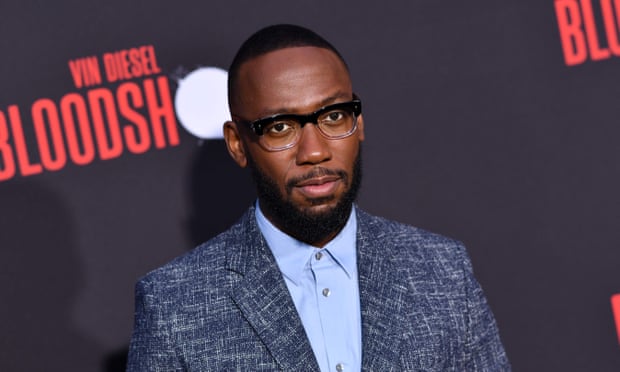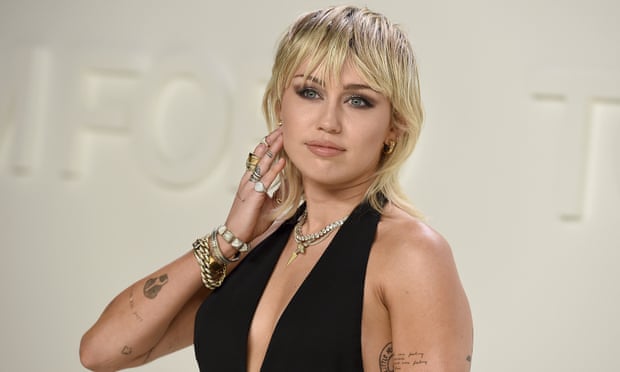Hollywood figures are calling for more diversity in hair and makeup departments on sets, after Black actors came forward about their experiences of racism including being told there was no budget to cut hair of their type.
Camille Friend, a top stylist who has worked on Black Panther, Tenet and Captain Marvel, said hair stylists who don’t know how to work with Black hair should not be working on film or TV sets.
“It’s 2021 and this is still a huge industry problem,” she told the Guardian. “There shouldn’t be hairstylists or makeup artists without knowledge of all hair textures and all colors of skin tone. There must be better education for all hairstylists and makeup artists.”
Friend’s comments follow the revelations at the Hair and Makeup Equity: Changing the Industry Standard virtual event, which saw Black actors sharing their experiences of hair mistreatment.
The New Girl actor Lamorne Morris was told that he had to do his own hair by stylists on a production. “I would have to go to the barbershop at 4, 4.30am before set to get my hair cut,” he said. “When I would get to set, I would see everyone else in the hair and makeup trailer getting their hair cut. When I asked why I couldn’t get my hair cut at work, it was because – this is what they told me – they didn’t have the budget for my hair.”
West Wing’s Dule Hill was forced to do his own hair “more than once”, because out of all the stylists employed on a production “no one knew how to do hair that looked like mine”.
The Think Like A Man actor Meagan Good spoke about her hair being mishandled on set. “When [the hairstylist] went to press my hair, he put a metal comb underneath the comb and that comb slipped out and the pressing comb basically burned my forehead,” she recalled.
She added: “I had about five or six tooth marks on my face. It was quite frustrating for someone to say that they knew how to do it and to not really do it and to kind of use me as an experiment.”
Last month Ma Rainey’s Black Bottom’s Mia Neal and Jamika Wilson made history after becoming the first Black women to win Oscars for makeup and hair, but Friend said Hollywood continued to wrestle with issues of representation in hair and makeup.
“I absolutely think it’s great that Nia and Jamika won the Academy award,” said Friend. “Do I think it will change things? The answer is not yet.”
She added that she believed that the internal structure of the business has to change, with the onus falling on producers hiring outside of their comfort zones to create a more inclusive experience on set.
“[They have to] look for hairstylists and makeup artists that are well trained for the diversity of the cast,” she said. “Hairstylists and makeup artists who are not qualified to do Bipoc hair or makeup shouldn’t take the jobs if offered to them.”
Friend also believes the actors’ union needs to make the necessary changes as they hold much of the power. “[The Screen Actors Guild] is a very powerful union and they have the power to change the rules for their actors of color,” she said. “They can require Black actors to have a say in who is hired for hair and makeup departments, including barbers. This should be a requirement.”





